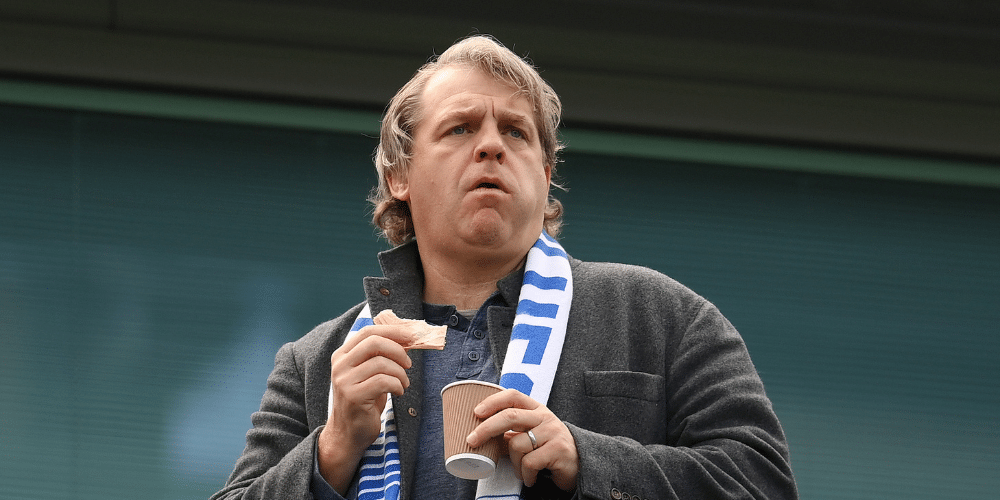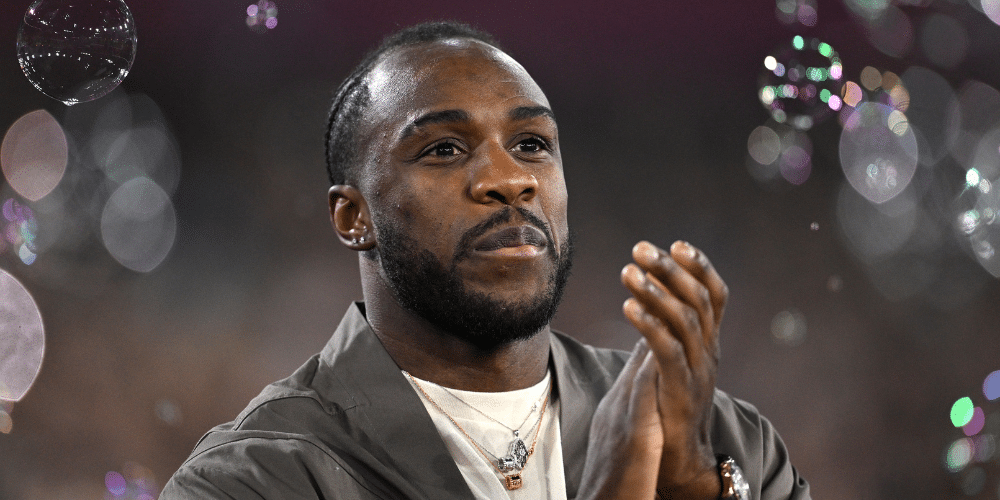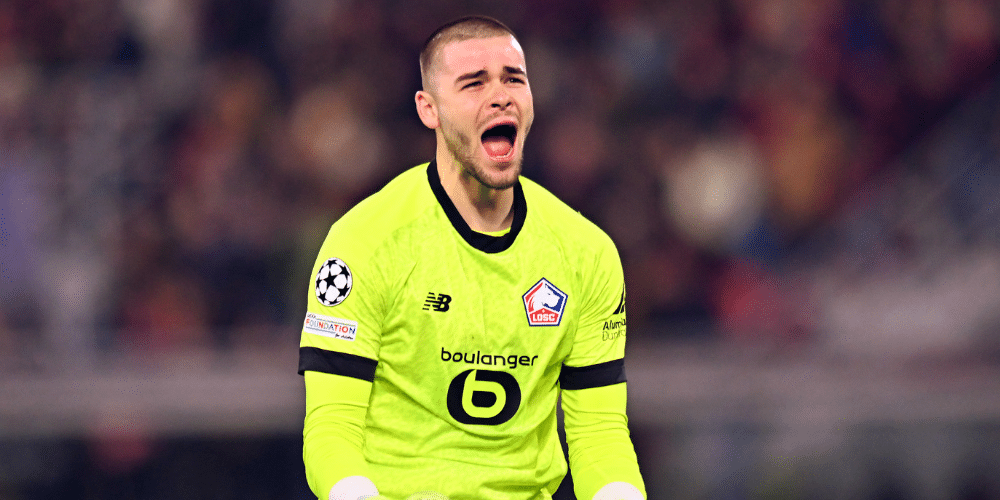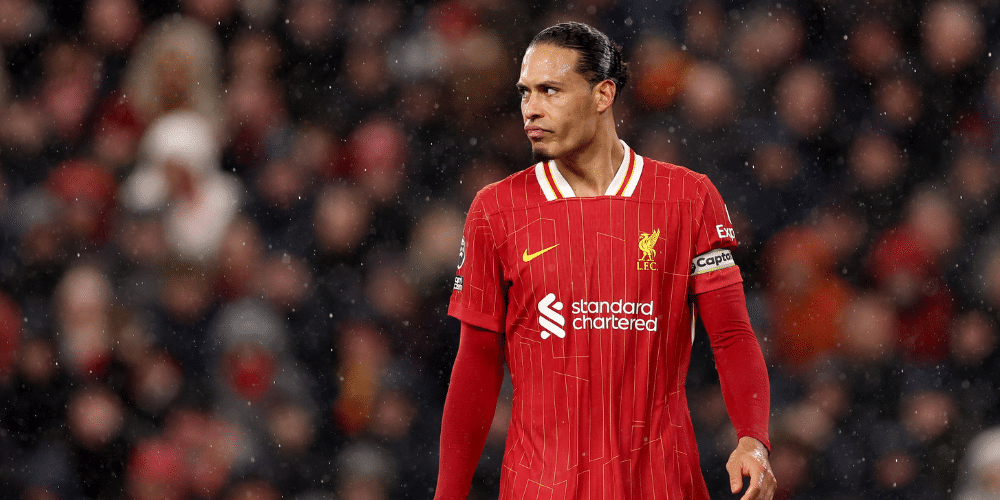The ownership landscape of Premier League clubs has undergone a seismic shift in recent years. New rules, foreign investment, and evolving regulations alter how clubs operate, spend, and compete.
The changes have stirred excitement and concern as the long-standing structure of English football enters a new era. But what does it all mean for the clubs, the fans, and the league’s competitiveness?
New rules are tightening control over ownership
The Premier League has introduced a stricter regulatory framework for potential owners, reshaping the type of investors that can enter the game. From 2023, an Acquisition Leverage Test limits how much debt owners can use to finance a takeover.
Fully leveraged buyouts can no longer be approved if the ratio of debt to equity exceeds 65%, creating a barrier for speculative investors. The new rule aims to ensure that clubs remain financially stable, reducing the risk of catastrophic collapses like the one witnessed at Derby County in recent years.
Moreover, introducing an independent oversight panel to review ownership decisions further enhances transparency. The Premier League’s Owners’ and Directors’ Test has always been a critical filter. Still, the establishment of this panel makes the process more robust, with decisions being scrutinised by neutral parties. These measures directly respond to growing concerns over the long-term sustainability of clubs and the increasing number of foreign investors with little prior experience in football management.
Saudi Arabian Investment and the Newcastle Revolution
The £300 million takeover of Newcastle United by Saudi Arabia’s Public Investment Fund in 2021 was arguably one of the most consequential ownership changes in recent Premier League history. Overnight, it catapulted the Magpies into the financial elite of world football.
In just two years, Newcastle were transformed from relegation candidates to top-four challengers, largely thanks to significant player investments and a renewed long-term vision.
The Saudi ownership of Newcastle represents the new wave of global wealth targeting English football. Unlike traditional investors, who sought returns over decades, sovereign wealth funds from nations like Saudi Arabia, the UAE, and Qatar are willing to spend vast amounts immediately, driving success on the pitch to enhance their global influence. However, this influx of money raises concerns about the financial disparity between clubs.
However, there are some in the North East who argue otherwise, and that the current rules are actually unfair to sides such as Newcastle. Despite their unrivalled wealth, the Premier League’s Profit and Sustainability regulations dictate Newcastle can only spend within their means. One side of the argument is that the current rules protect other clubs from competing against limitless spending, though others argue its design protects the established elite.
This summer, the Magpies were forced to cash in on Yankuba Minteh and Elliot Anderson to remain compliant with PSR, despite boasting billions in the bank. Newcastle’s wealthy owners will no doubt be able to bring progress to St James’ Park, though it will be more challenging than the similar rises of Chelsea and Manchester City, with the former in particular not suffering from financial limitations.
Smaller clubs face new challenges
Smaller clubs continue to navigate significant challenges in the Premier League as wealthy, well-backed teams dominate the financial landscape. Burnley, Crystal Palace, and Sheffield United have seen new ownership in the last decade but still struggle to keep pace with the spending power of elite clubs.
To counterbalance these issues, the Premier League has introduced new spending regulations, including the potential introduction of a squad cost cap and tighter rules on associated-party deals. These measures aim to create more financial parity between clubs. In the interim, smaller clubs often rely on developing talent and selling to richer teams, a model that has worked for clubs such as Brighton but frequently leaves them vulnerable to losing their top players.
Fears remain over the predictability of the Premier League in its current format. Manchester City won an unprecedented fourth title in a row last season and have claimed six of the last seven titles. In the Premier League’s entire history, only seven clubs – Manchester United, Blackburn Rovers, Arsenal, Chelsea, Manchester City, Leicester City and Liverpool – have been crowned champions. Leicester’s 2015/16 title success came at staggering underdog odds but is a tale unlikely to be repeated anytime soon.
American Influence: Stability or Stagnation?
While Middle Eastern investments have shaken things up, American ownership in the Premier League has become increasingly common, bringing its own complexities. Clubs like Manchester United, Liverpool, and Arsenal are owned or partially owned by American billionaires, and their approaches often prioritise financial sustainability over aggressive spending.
It has led to mixed results. Under Fenway Sports Group, Liverpool have enjoyed sustained success under Jurgen Klopp, winning the Premier League and Champions League, largely through smart data-led investments. Manchester United, however, have endured a decade of decline under the Glazer family despite heavy spending. Their leveraged buy-out of the club has seen the Americans drain finances from the Red Devils, who have fallen significantly from their former status as the Premier League’s dominant force.
It will be hoped that Sir Jim Ratcliffe’s £1.4 billion purchase of a 25% stake at United, approved in 2024, may lead to significant operational changes.
Final Thoughts
The Premier League now boasts a diverse range of ownership models. Chelsea have sent spending records tumbling with little tangible progress, while teams such as Brentford and Brighton continue to punch above their weight with intelligent data-led recruitment. Manchester City, meanwhile, have evolved from big spenders to super sellers. Over the last three seasons, the Citizens have a net spend of just over €10m, having recouped large fees for unwanted assets and academy graduates.
Historically, success in the Premier League has hinged on a balance between financial power and footballing expertise. Successful lower-resource sides have often hit a glass ceiling, though huge funding have not always guaranteed success either. Regardless of the long-term ambitions of the ownership, working to align both areas should be the focus.



